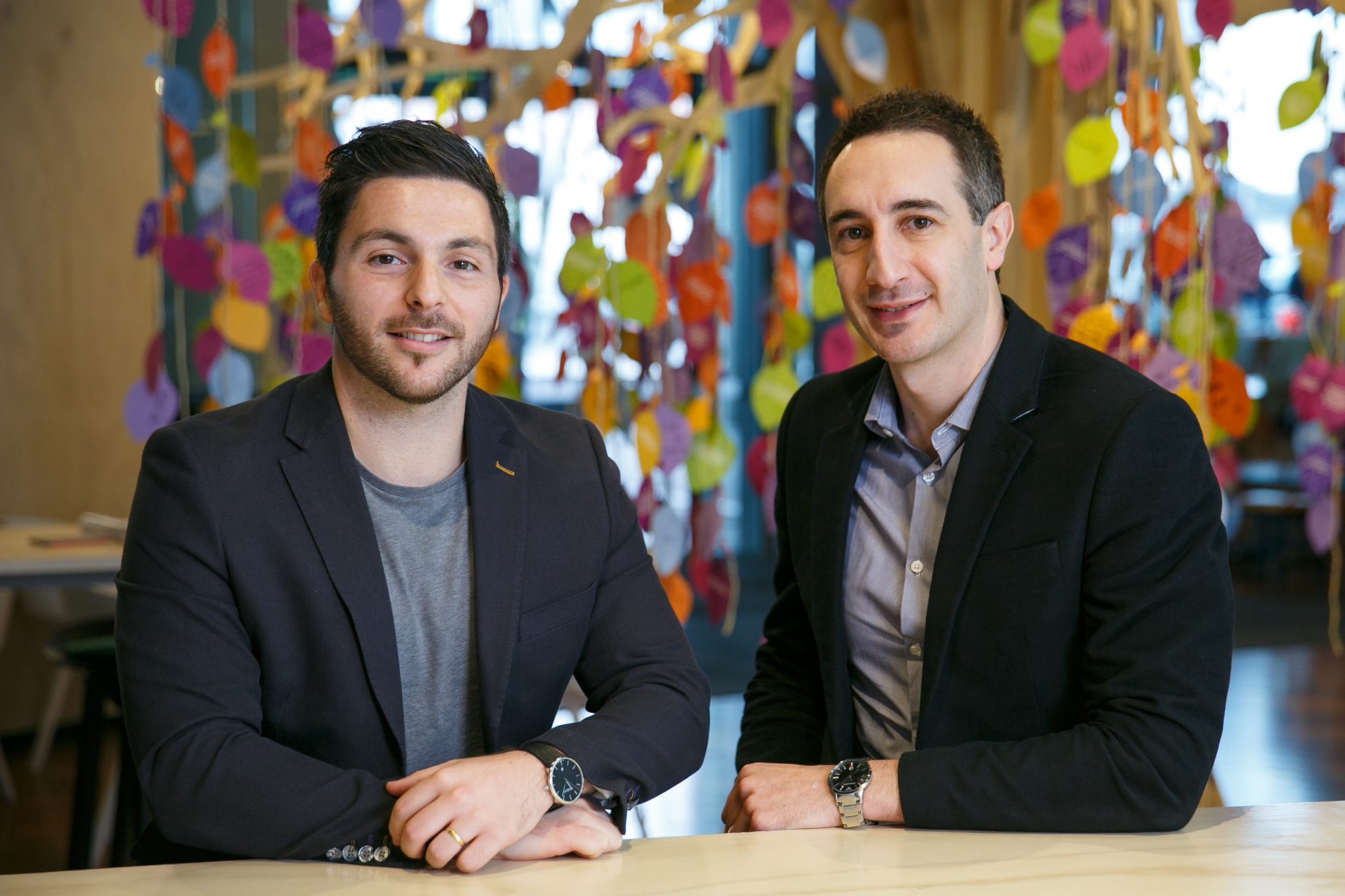Why Did These Cousins Buy Their Company Back From Travelport?

Skift Take
It’s a convoluted story, but one that encapsulates where corporate travel is heading: ecosystems rather than dominant agencies that promise the world.
Who’d want to start a corporate travel agency in these pandemic times? Well, quite a lot of people, it turns out.
Now Locomote’s founders, cousins David and Ross Fastuca, are back in the game having sold, then bought back, their platform to Travelport.
The convoluted story began in 2012. Along the way, Ross Fastuca has told Skift how the pair may have been too early with their real-time booking tool, and how the company “lost its heart” under Travelport — the global distribution company has declined to comment on this statement. But since taking back operational control in January, the Fastucas are ready for a reboot.
To work out how they came to buy back their business at “a Covid discount” — no figures given due to a non-disclosure agreement — Fastuca turns back the clock.
“David and I have been building technology since our teenage years, and been in business for 25 years,” he said. In 2012, they built a “skin” on top of a booking engine for a travel agent in Australia.
It worked well, so the pair decided to resell that to other travel companies. Eventually they were introduced to a bank and a mining firm in Australia, which spent a combined $200 million a year on travel.
Over several months, getting to understand their problems, and talking to other companies, the concept of Locomote emerged.
“What we discovered was that organziations do a lot of different things prior to actually talking to a travel agent. There’s a whole procurement process, and approvals. We didn’t know why they were still using emails, spreadsheets, PDFs, trying to shoehorn together procurement systems. So we pitched them a system t
